Sustainable Practices for Campgrounds and RV Parks this Winter
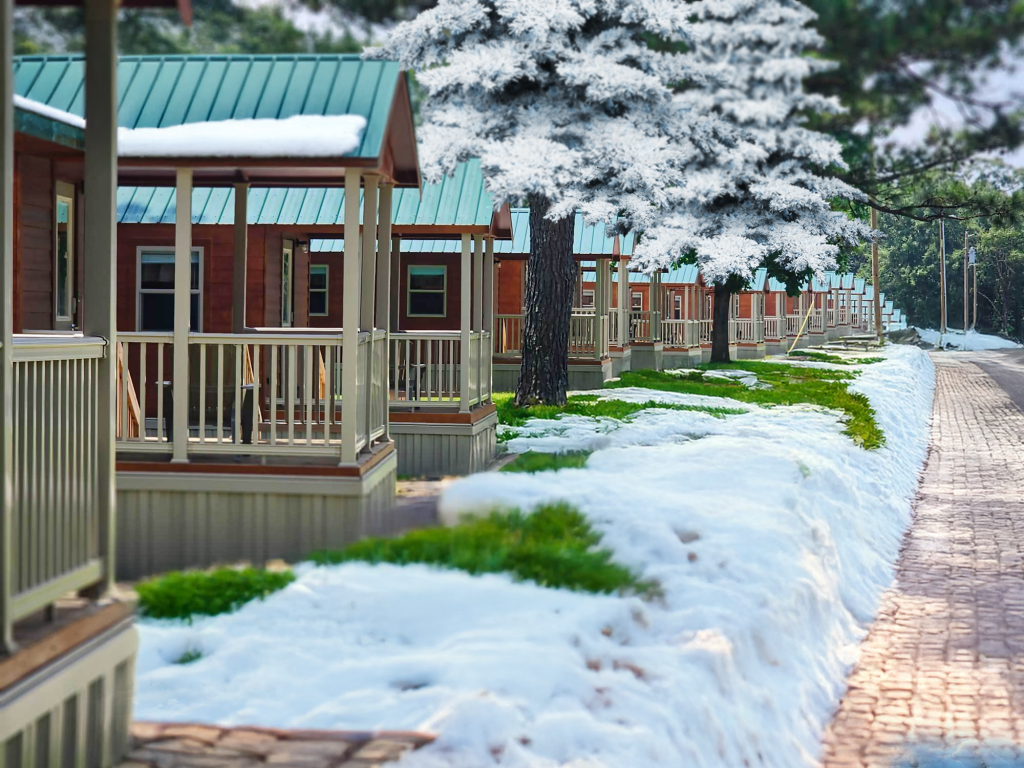
As the temperature drops, RV parks and campground owners face the challenge of maintaining operations in freezing temperatures. The need for heating, preventing pipes from freezing, and ensuring comfort for guests can lead to increased energy consumption and waste. However, implementing sustainable practices during the winter season can not only reduce environmental impact but also attract eco-conscious guests who appreciate your commitment to green initiatives. Here’s a guide to sustainable practices that will help keep your business eco-friendly this snow season.
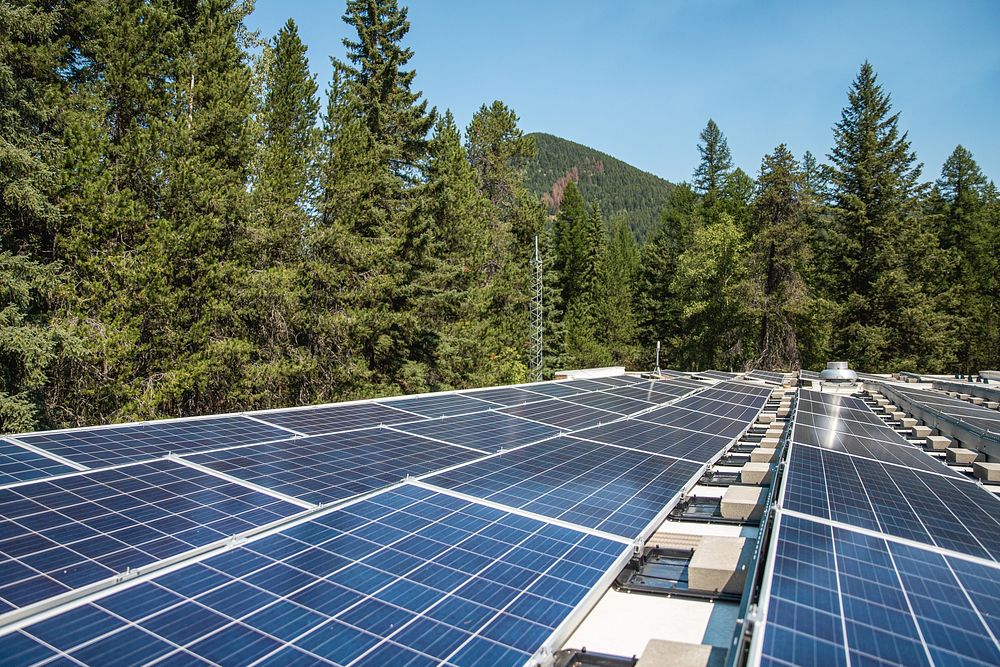
Utilize Renewable Energy Sources
Switching to renewable energy sources like solar, wind, or hydro power can significantly cut down your carbon footprint. While winter may bring shorter days and cloudier skies, solar energy can still be a viable option with advancements in solar panel efficiency.
- Solar-Powered Heating: Use solar water heaters to pre-heat water for showers, kitchens, and other amenities, reducing the load on traditional heating systems.
- Backup Batteries: Store renewable energy in batteries to ensure a stable power supply even on low-energy days.
Energy-Efficient Heating Systems
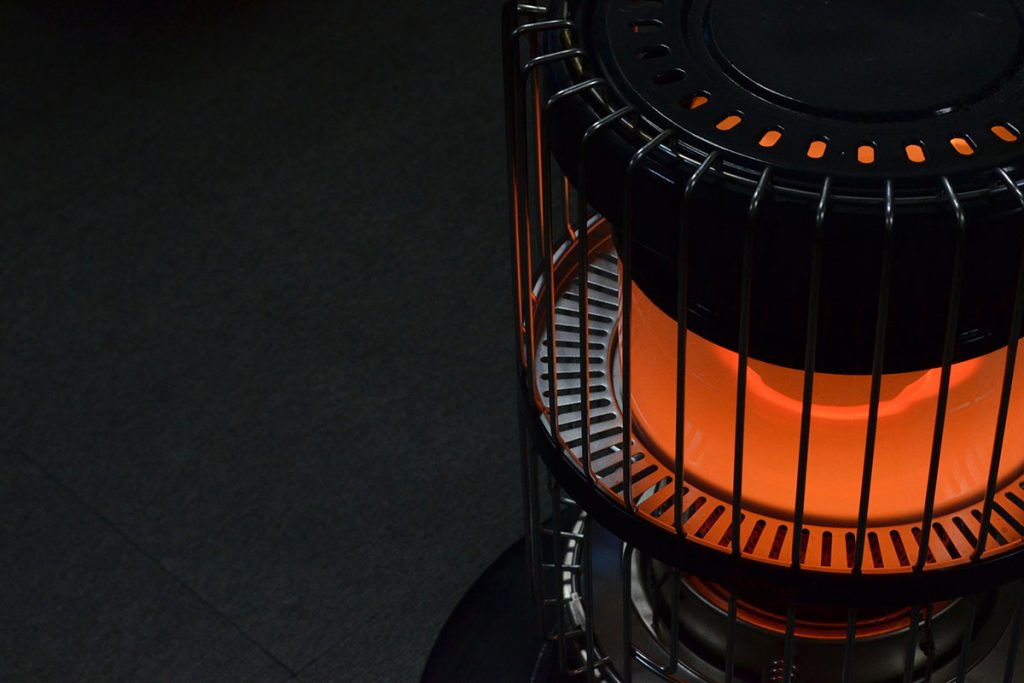
Heating accounts for a large portion of winter energy consumption. By investing in energy-efficient heating solutions, you can keep your guests warm while minimizing waste.
- Geothermal Heating: This system uses the earth’s constant underground temperature to provide efficient heating.
- Infrared Heaters: These heaters warm people and objects directly, rather than heating the air, which is more efficient for outdoor spaces.
- Programmable Thermostats: Automatically adjust temperatures based on occupancy and weather conditions to avoid unnecessary heating.
Eco-Friendly Insulation and Winterization
Proper insulation helps maintain warmth, reducing the need for excessive heating.
- Natural Insulation Materials: Use eco-friendly insulation like wool, recycled denim, or cellulose to keep cabins, tiny homes, and facilities warm.
- Pipe Wraps: Insulate pipes with sustainable materials to prevent freezing without resorting to energy-intensive heating.
- Weatherproofing: Ensure that doors, windows, and cracks are sealed properly to prevent heat loss.
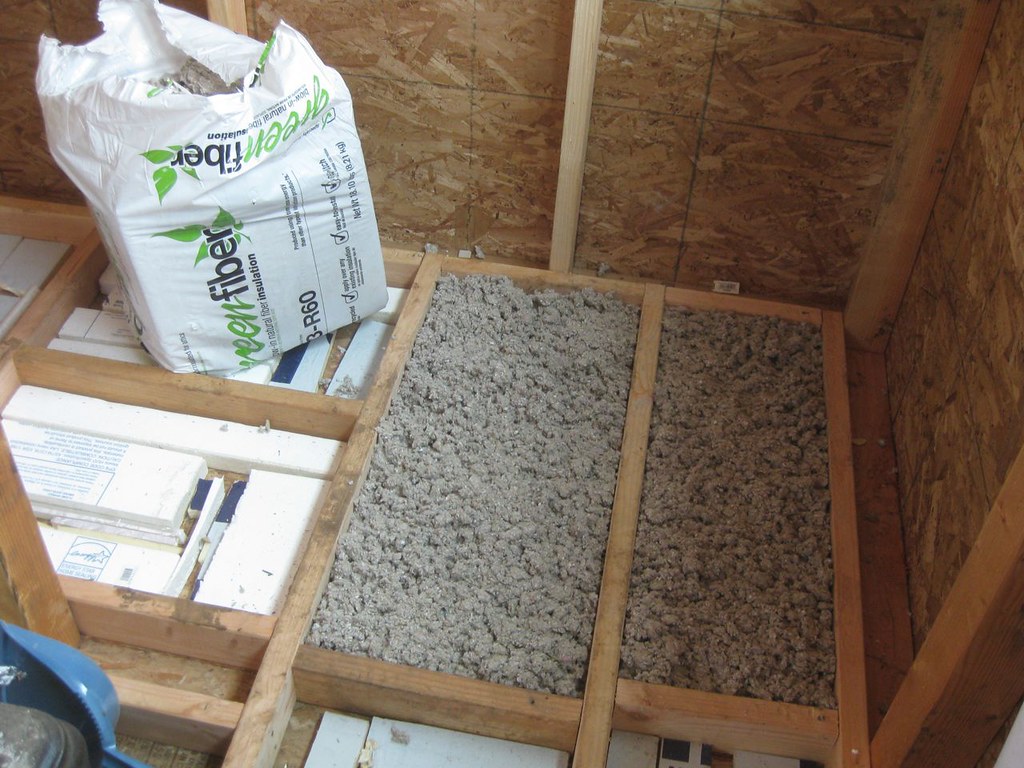

Waste Reduction Initiatives
Increased use of heating, food services, and other amenities during winter can lead to more waste. Implementing sustainable waste management practices is key to reducing environmental impact.
- Composting: Offer composting bins for organic waste, even during winter. Insulated compost bins can keep the process active despite cold temperatures.
- Recycling Programs: Provide clear recycling stations for glass, plastic, and paper. Encourage guests to participate by offering small incentives.
- Reusable Dishware: Replace disposable plates and cutlery with reusable alternatives in communal kitchens and dining areas.
Sustainable Water Management
Water conservation in winter is crucial, especially when preventing pipes from freezing requires a steady water flow.
- Low-Flow Fixtures: Install low-flow faucets, showerheads, and toilets to reduce water consumption.
- Greywater Systems: Reuse greywater from sinks and showers for non-potable applications, such as flushing toilets or outdoor maintenance.
- Anti-Freeze Technology: Instead of keeping water running to prevent freezing, use pipe heating cables powered by renewable energy sources.
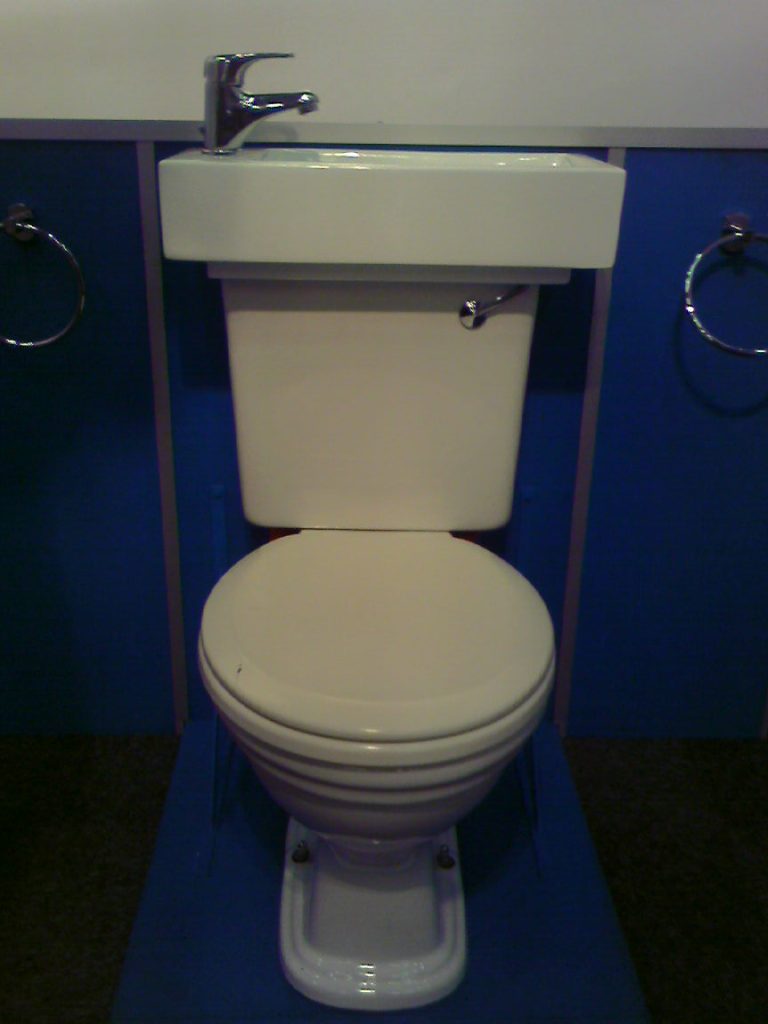
Eco-Friendly Lighting

Winter’s longer nights mean more reliance on lighting. Opt for energy-efficient solutions to reduce electricity usage.
- LED Lights: Replace incandescent bulbs with LEDs, which use up to 80% less energy.
- Motion Sensors: Install motion-activated lights in low-traffic areas to save power.
- Solar-Powered Path Lights: Use solar lights to illuminate pathways, driveways, and entry points.
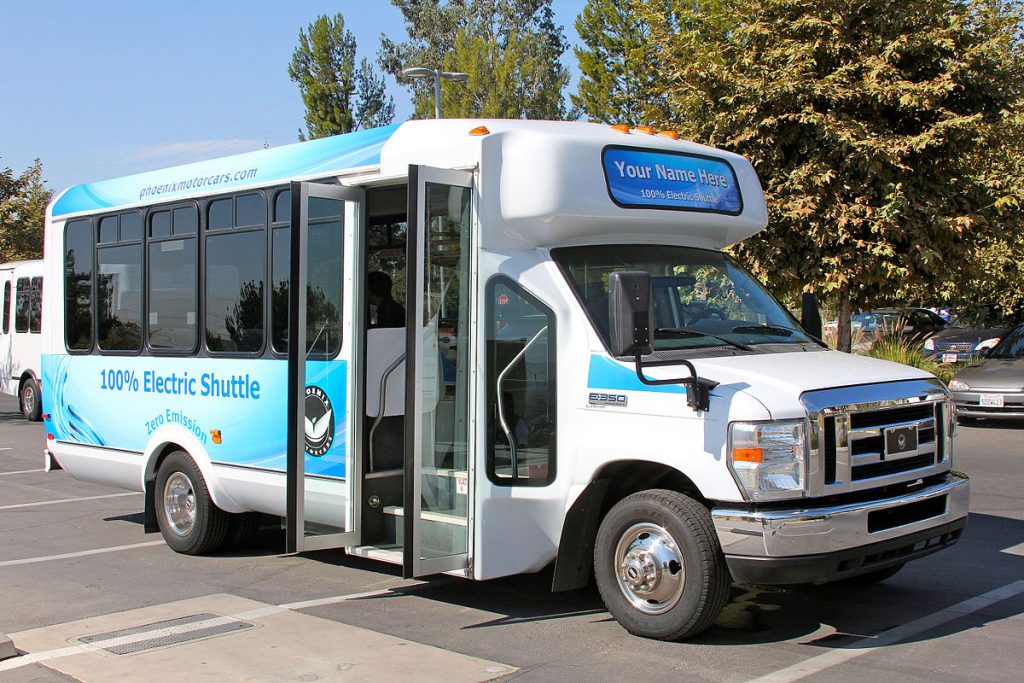
Green Transportation Options
Guests may need to navigate your campground or business grounds during the snow season. Offering eco-friendly transportation can enhance their experience.
- Electric Shuttle Services: Provide electric-powered shuttles for guests to move around the property.
- Snowshoe and Ski Rentals: Encourage human-powered travel with snowshoes or cross-country skis, reducing the need for gas-powered vehicles.
Why Sustainability Matters to Your Guests
More travelers are seeking businesses that prioritize environmental responsibility. By adopting sustainable practices, you’re not only helping the planet but also building a brand that resonates with eco-conscious guests. These visitors are likely to return, leave positive reviews, and recommend your business to others who value sustainability.
Sustainability doesn’t have to take a backseat during winter. With thoughtful initiatives like using renewable energy, optimizing heating systems, reducing waste, and managing water efficiently, you can provide a comfortable and eco-friendly experience for your guests.

